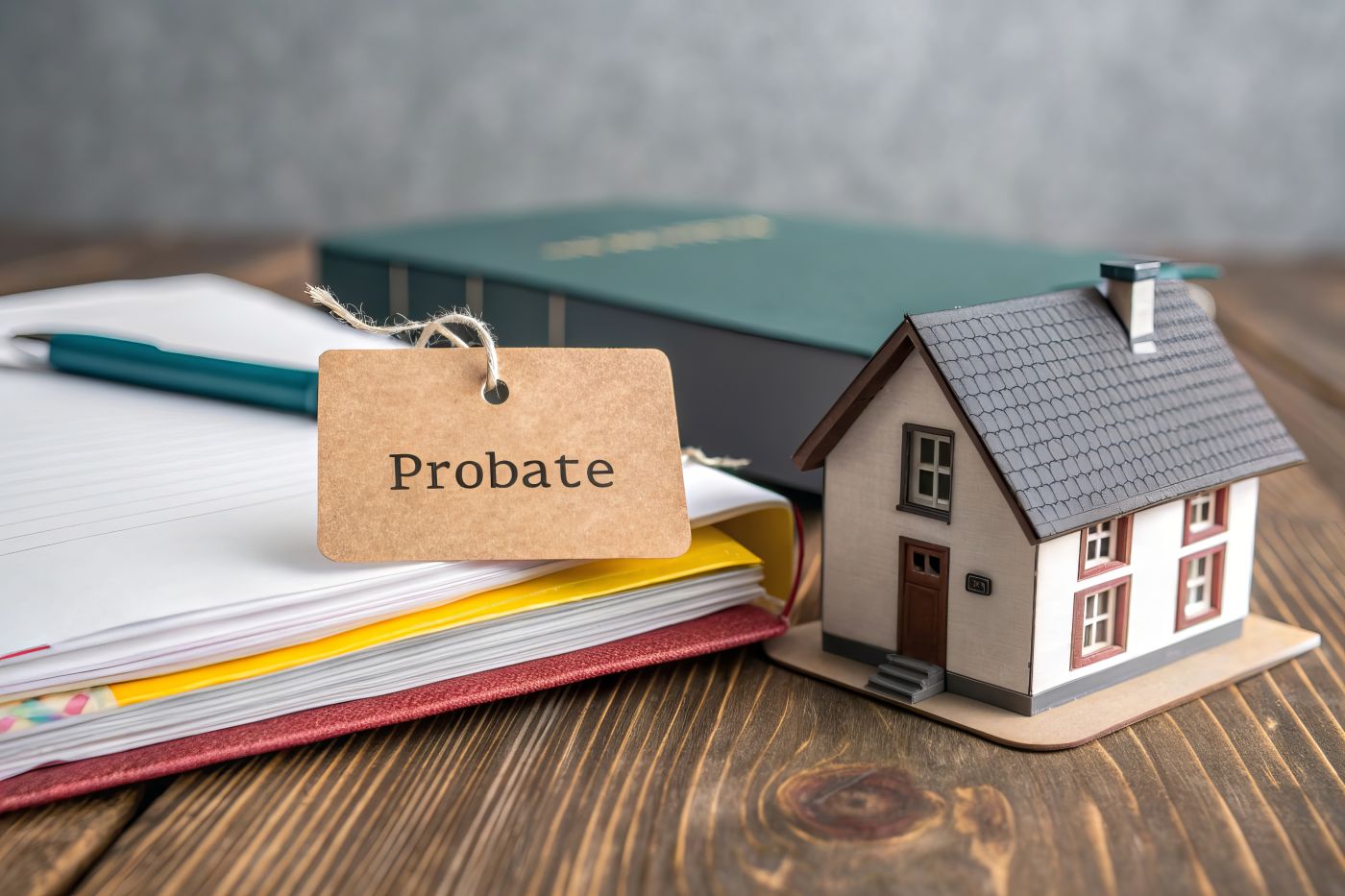
Estate planning is a deeply personal process—especially when your family doesn’t fit a traditional mold. For blended families in particular, inheritance decisions can stir up tension, confusion, and long-lasting disagreements. It's a sensitive topic, and we recognize how emotionally charged planning for the future can be. When children from previous marriages, stepchildren, and new spouses are involved, even well-intentioned decisions can lead to disputes without proper legal precautions.
At The Nelson Law Firm, we help clients achieve peace of mind by planning carefully for the future. Our goal is to reduce the chances of conflict while respecting each family’s unique structure and values. Located in Beaufort County, South Carolina, our firm guides the surrounding communities through all aspects of estate planning.
Let's take a closer look at non-probate assets, how they affect inheritance planning, and what blended families can do to reduce the risk of disputes after a loved one passes away. If you have questions about your estate, reach out to us today to schedule a meeting.
What Are Non-Probate Assets?
Not all assets go through probate when someone dies. While a will governs most property, non-probate assets pass directly to a named beneficiary without court involvement. That might sound simple—and in many cases, it is—but it can also lead to problems if non-probate designations don’t align with what’s written in a will.
Common types of non-probate assets include:
Life insurance policies: The death benefit is paid directly to the named beneficiary. This payout typically avoids probate and can be used immediately by the beneficiary.
Retirement accounts (401(k)s, IRAs): These go to the designated person on file with the account. It's important to keep beneficiary designations up to date, as they override wills.
Transfer-on-death (TOD) and payable-on-death (POD) accounts: These include bank accounts, investment accounts, and securities that name a beneficiary. The transfer happens automatically upon death and does not require court involvement.
Jointly owned real estate with rights of survivorship: The property automatically goes to the surviving owner. This arrangement bypasses probate and creates a seamless ownership transition.
Joint bank accounts: These pass directly to the surviving joint account holder. The surviving owner can typically continue using the account without interruption.
While these tools can speed up asset transfers and reduce court involvement, they can also bypass your will entirely—leading to unintended consequences for blended families.
Why Blended Families Face Added Challenges
When you’re part of a blended family, your wishes may be more nuanced than a traditional estate plan can easily reflect. For example, you might want to provide for a current spouse but also preserve assets for children from a previous marriage.
That balance can be hard to strike—especially if non-probate assets unintentionally favor one party over another.
Key inheritance risks for blended families include:
Unintended disinheritance: A child from a prior marriage may receive nothing if all assets pass to a new spouse.
Conflicting expectations: Family members may assume they're inheriting certain assets that are actually designated to others.
Outdated beneficiary designations: If you never updated your documents after remarrying, your ex-spouse could still be listed as a beneficiary.
Tension between stepchildren and a surviving spouse: Even when intentions are clear, emotions can run high without clear communication and planning.
These situations aren’t rare—and when they happen, they often lead to family conflict, legal disputes, and drawn-out court battles.
How Non-Probate Assets Can Bypass Your Will
One of the most common misunderstandings we encounter is the belief that a will controls everything. It doesn't. Non-probate assets override your will when there's a named beneficiary. That means even if your will leaves your retirement account to your daughter, if your ex-spouse is still listed as the account beneficiary, they’ll receive it.
This can create a disconnect between your true intentions and the legal outcome.
Here’s how that disconnect happens:
Out-of-date forms remain in effect: Beneficiary forms are legally binding unless changed.
Wills and trusts don’t apply to non-probate assets: Even the most carefully crafted estate plan can't override a designated beneficiary.
Family members are often unaware of these rules: This can cause surprise and resentment when assets don’t go where people expect them to.
By being aware of which assets bypass probate and reviewing your beneficiary designations regularly, you can reduce the chance of these unfortunate surprises.
Steps Blended Families Can Take to Avoid Disputes
The good news is that with clear planning, communication, and legal guidance, blended families can reduce the chance of conflict. These steps can help align your estate plan with your family’s unique needs.
Practical ways to protect your intentions and family relationships:
Review and update beneficiary designations regularly: Especially after marriage, divorce, or the birth of a child.
Use trusts to control asset distribution: A revocable living trust can allow you to provide for your spouse during their lifetime, then direct remaining assets to your children.
Consider a prenuptial or postnuptial agreement: These can clarify each spouse’s rights to property and inheritance.
Clearly document your wishes: Include explanations and letters of intent when appropriate, to prevent misunderstandings.
Talk to your family: While not always easy, open conversations can prevent surprises and hurt feelings later on.
These steps don’t just protect your assets—they protect your loved ones from stress and strain when you're no longer here to clarify your wishes.
Common Mistakes That Lead To Inheritance Disputes
Even with the best intentions, certain missteps can create real problems down the road. These are the ones we see most often—and that you’ll want to avoid.
Mistakes that can spark family conflict:
Forgetting to update documents after major life events
Assuming your will controls everything
Leaving one child or stepchild out without explanation
Failing to name contingent beneficiaries
Not discussing your estate plan with your spouse or children
Using vague or informal language in your will
When a family member feels blindsided or left out, they’re more likely to challenge a will—or take legal action to claim what they believe is fair. Thoughtful planning helps prevent those situations before they arise.
Using Trusts to Provide for Everyone
Trusts are especially valuable in blended families because they allow for more control than a simple will or joint ownership arrangement. With the right structure, you can take care of a surviving spouse during their lifetime and still pass assets on to your children afterward.
Trust planning strategies that can help blended families:
QTIP trusts (Qualified Terminable Interest Property): Provide income to a surviving spouse, while preserving the principal for children from a previous marriage.
Revocable living trusts: Offer flexibility, control, and privacy during and after your lifetime.
Testamentary trusts: Created by your will, they can guide how assets are used long after your death.
Trusts for minor children or those with special needs: Protect vulnerable beneficiaries while honoring your wishes.
Trusts don’t replace good communication, but they do provide legal guardrails that can ease tension and clarify intent.
Contact a Trusted Estate Planning Lawyer
If you’re part of a blended family and want to make sure your estate plan reflects your wishes, The Nelson Law Firm is here to help. We will walk you through your options, help identify potential issues, and create a plan that provides both security and peace of mind.
Whether you’re reviewing an existing estate plan or starting fresh, now is the right time to take that step. Let us help you protect your legacy and preserve family harmony in Beaufort, South Carolina, and surrounding areas. Reach out to us today to schedule a consultation.



